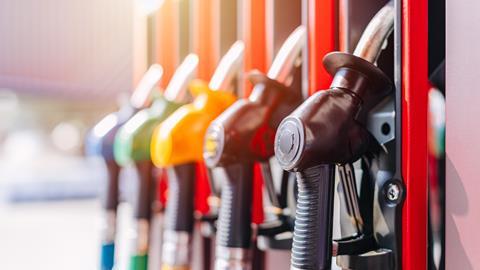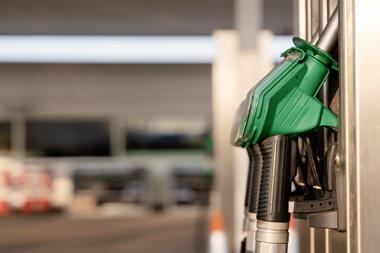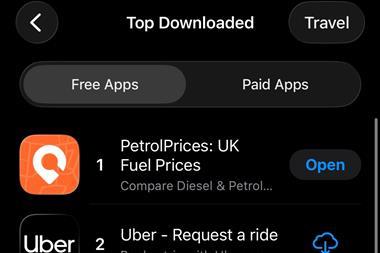
Drive-off failure to pay for fuel incidents rose by 12.8% between April and June this year compared with the three months before, representing the largest rise in these cases in 12 months, according to the latest Forecourt Crime Index.
The data, provided by the British Oil Security Syndicate (BOSS) from its Payment Watch debt recovery scheme, also shows that although the number of no means of payment (NMoP) events were 4.1% lower than the previous quarter, continuing the decline in recent months, the average cost of NMoP rose by 3.7% to £69.89.
During the second quarter of 2024, the average number of unpaid fuel incidents per site increased by 2.4% – with 28.8 per site, and NMoP accounting for 56.4% of unpaid fuel reports made to Payment Watch.
BOSS says that the uplift in forecourt crime coincided with a period of rising fuel prices, with the average cost of unleaded petrol having increased to 147.8p per litre, compared with 141.3ppl in the first quarter of the year.
Claire Nichol, executive director at BOSS, says that economic pressures, including rising fuel prices and cost of living challenges, were contributing factors to some individuals resorting to fuel theft.
“This rise in unpaid fuel reports is primarily driven by a significant increase in drive-off incidents, where motorists intentionally leave petrol stations without paying for fuel,” she says.
Another factor, she says, is the ease of committing drive-offs, particularly in busy forecourt environments with limited surveillance, which has exacerbated the problem.
“The latest Index highlights the need for improved security measures to deter such crimes and protect businesses from further losses,” she adds.
Nichol believes that forecourts can help prevent unpaid fuel incidents by increasing staff vigilance, and ensuring that surveillance systems are fully operational.
BOSS estimates there are 1.5 million unpaid fuel incident reports every year, costing UK forecourt operators around £100 million annually. The majority of incidents, it says, are believed to be a genuine mistake. However there is a cohort of offenders who appear to deliberately evade paying for fuel, says the body.
































